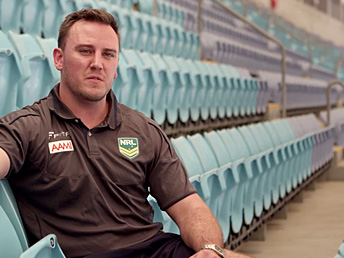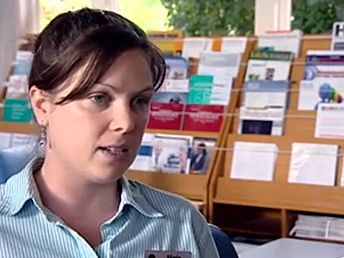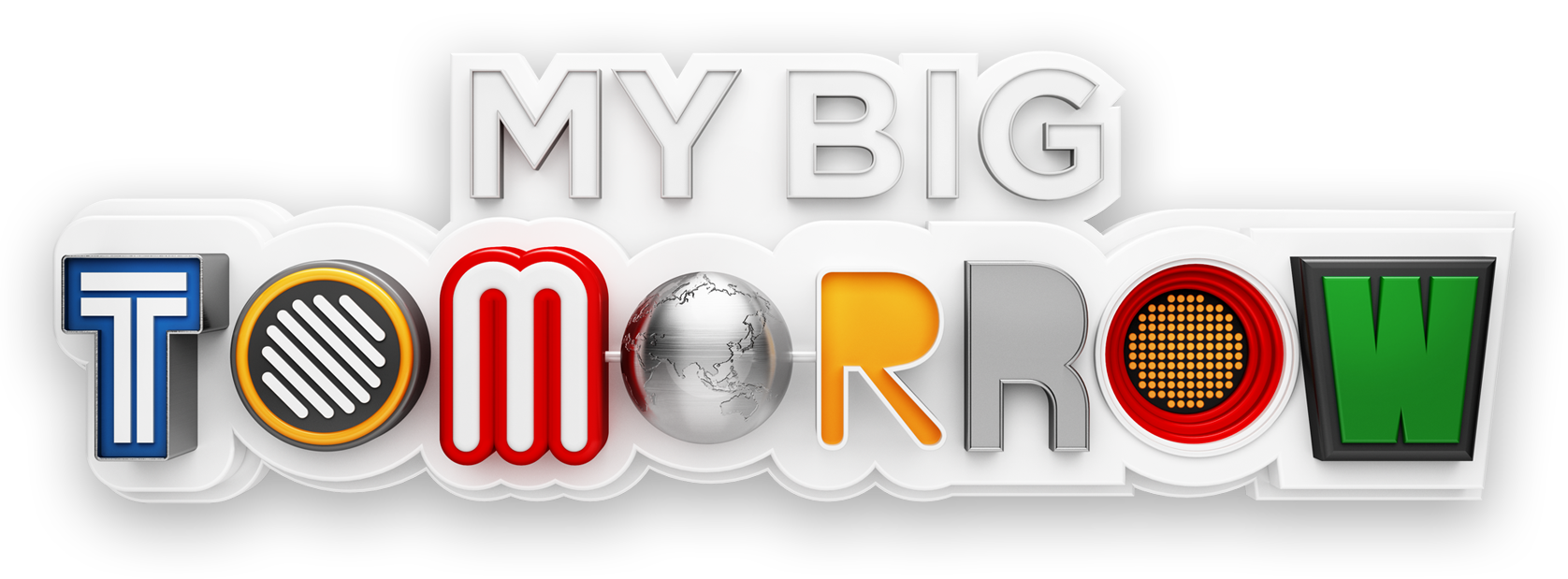
Sports Physiotherapist
As a sports physiotherapist you will be helping athletes recover from injuries caused by playing sport. You will also provide information to help prevent future problems.
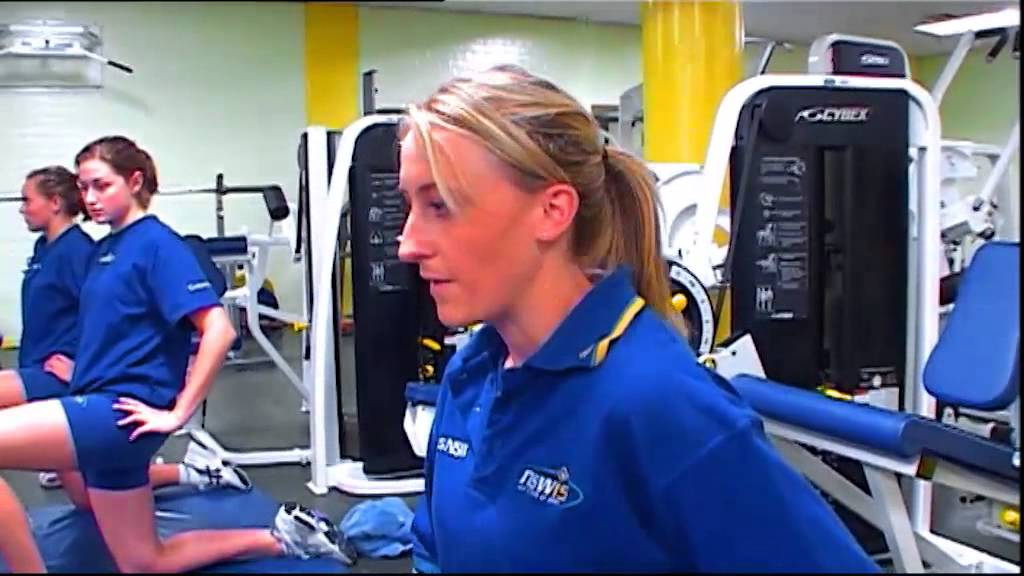

What the job looks like
Salary expectation
starts at $47,749 up to $87,837+

The good
- Helping people and assisting in their recovery
- Learning about how the human body works
- Interacting with clients on a more personal level and watching them improve
- Being involved in sport for work
- Doing hands on work and not being stuck at a desk all day
The not so good
- Back and finger pain from manual work
- Irregular and long hours including weekends
Sport Physiotherapy involves working with athletes at all levels and is a specialised branch of physiotherapy due to the extra stress placed on an athlete’s body.
There are about 206 bones in the adult body and around 650 muscles. You will need to know most of them to be able to identify and treat sporting injuries.
Diagnosing injuries, taping injury-prone areas, referring patients on for X-rays and subscribing rehabilitation exercises is all part of your role. This will require excellent knowledge of the body so you don't make an injury worse.
Communication skills are also a big part of the job as you will be talking with a variety of people in a day. Some may be in pain or frustrated by their injury, so you will need to know how to manage those situations.
Maths is a big part of the job to develop rehabilitation programs as you will usually work off body weight, blood pressure, daily calorie intake and other medical factors for each individual athlete. You will also track a patients progress and monitor joint mobility.
If you enjoy sport, working as part of a team and helping others, then a career as a sports physiotherapist could be for you.
You get to work with elite athletes and you're travelling, not stuck behind a desk.
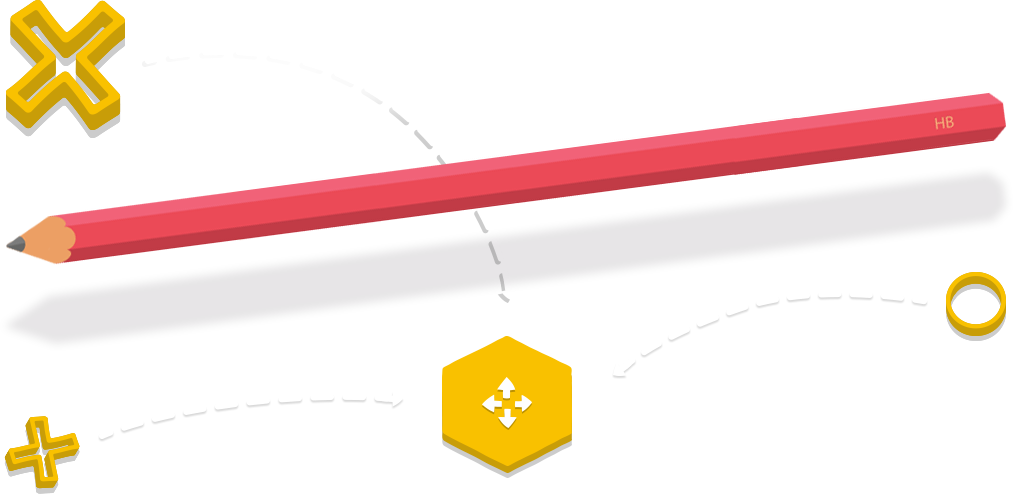
Pathways to this career
Subject suggestions for the HSC
Choosing your HSC subjects from this list could really help with your career. Think carefully about what you want to study after school as you might need to choose specific HSC subjects for that course and to count towards your ATAR (Australian Tertiary Admission Rank). An ATAR is your academic rank in relation to other HSC students and helps with University admission.
HSC subjects
Some subjects will count towards your ATAR, others will not. Check with your career advisor before making subject selections.
- English (Advanced or higher)
- Mathematics (2 Unit or higher)
- Biology
- PDHPE
What can I do after I have finished school?
University degrees
Studying one of these degrees can help with your career.
- Bachelor of Physiotherapy
Suggestions
Check out Australian Physiotherapy Association for more information
- Stay fit. Chances are you are already interested in a healthy lifestyle so keep it up and that includes learning about nutrition as well as physical activity
- Look at training programs for professional sporting teams for an idea of some of the movements and recovery regimes
- Learn as much as you can about the human body, in particular the bones and muscles
- Go to career expos and events like university Open Days for information about what you will study

